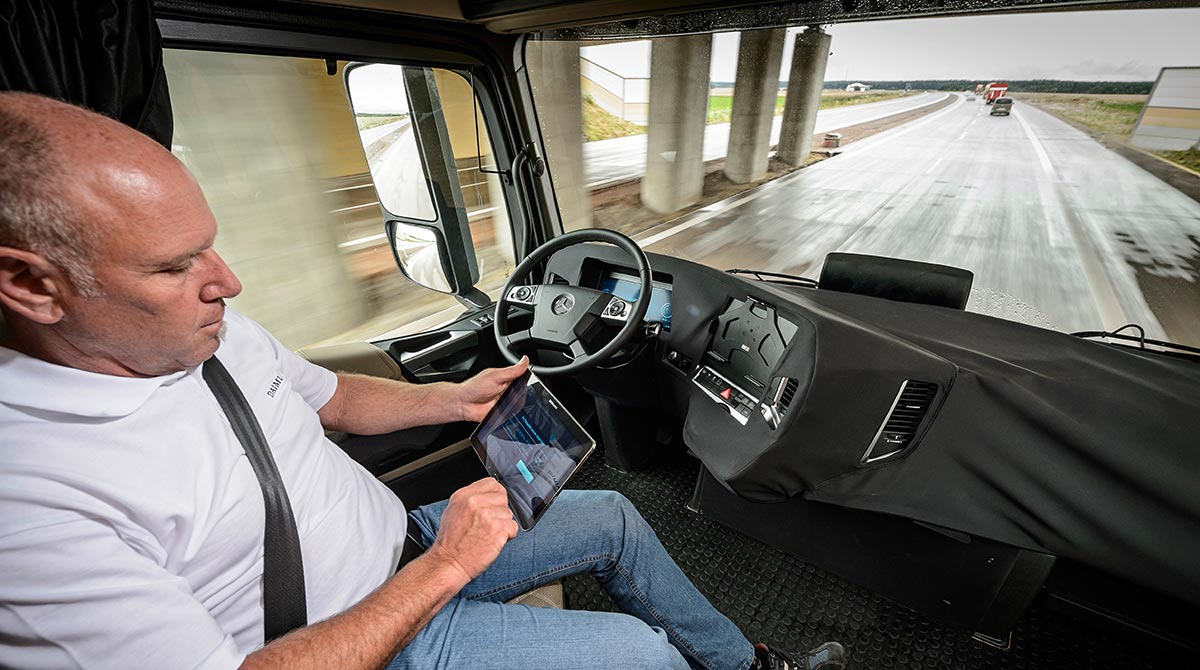Senior Reporters
Texas Legislature Advances Self-Driving Bill

Legislation to allow automated vehicles on Texas roads beginning Sept. 1 has overwhelmingly passed the Texas House and Senate and was awaiting the governor’s signature.
If Republican Gov. Greg Abbott signs the bill, Texas would become the 16th state to allow public highway testing of automated cars and trucks, according to the National Conference of State Legislatures.
The Texas legislation, which passed the state Senate 31-0 and House 137-1, calls for allowing automated vehicles to operate “without human operators,” according to the legislation. The bill has received strong support from automakers and the Texas Trial Lawyers Association.
To date, automated vehicle bills have been signed into law in Alabama, Arkansas, California, Florida, Georgia, Louisiana, Michigan, New York, Nevada, North Dakota, Pennsylvania, South Carolina, Tennessee, Utah, Virginia, Vermont and Washington, D.C. Several other states also are considering bills this year to allow testing.
“The Texas economy fosters innovation,” Sen. Kelly Hancock, author of the bill and chairman of the state Senate Business and Commerce Committee, said in a statement. “Automotive technology is advancing at a rapid pace, and we need to be prepared for it.”
The legislation allows automated vehicles to operate on Texas highways provided that they are capable of operating in compliance with traffic laws, are equipped with recording devices that may record velocity, location data, steering or brake performance; are compliant with federal law and motor vehicle regulations; registered and titled in accordance of Texas law; and are covered by liability insurance or otherwise self-insured in accordance with Texas law, according to an analysis by the state House Research Organization.
The House Research Organization said supporters of the legislation have argued it would allow manufacturers and developers of autonomous vehicles the regulatory certainty needed to test vehicles on Texas roads while also preserving public safety.
But opponents have claimed that the Legislature should not establish regulations that could inhibit the development of an emerging technology but should allow the market to regulate itself to the extent possible.
The opponents also were critical because the measure did not increase the requirements for insurance beyond the standard insurance required for an ordinary driver.

